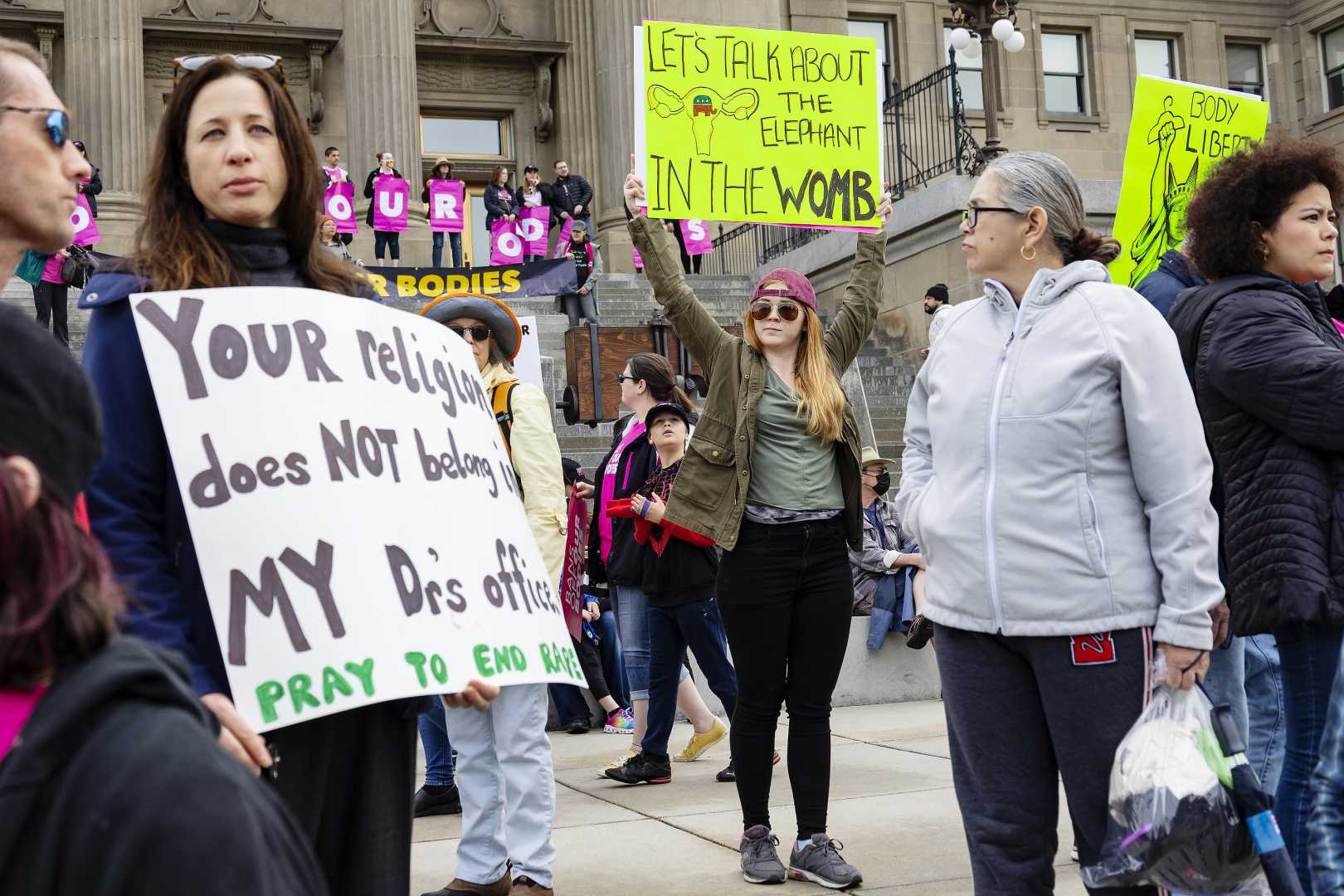Health
Idaho’s New Parental Consent Law Complicates Healthcare for Young Mothers

A new law in Idaho, which requires parental consent for nearly all minors’ healthcare services, has created significant challenges for young individuals, particularly those who are pregnant. The law, which went into effect recently, mandates that healthcare providers obtain parental consent before treating minors, even in emergency situations.
A recent case in McCall, Idaho, highlights the complexities and potential dangers of this law. A 13-year-old pregnant girl, identified as Aleah, visited the emergency room due to mild but frequent contractions. Dr. Caitlin Gustafson, who attended to Aleah, was unable to perform a pelvic exam without first obtaining parental consent. This led to a frantic two-hour effort to reach Aleah’s mother, who was living in a car, and her grandmother, who was Aleah’s legal guardian and was incarcerated in a jail in Boise. The grandmother eventually provided verbal consent from jail.
Critics of the law argue that it ignores the reality that many minors do not have reliable or available parents. The law has already hindered adolescents’ access to counseling services, limited evidence collection in sexual assault cases, and even required schools to obtain parental consent for treating minor injuries like scrapes and bruises. Providers and advocates emphasize that the privacy and confidentiality of minors’ health records are crucial, but this law eliminates those protections.
Supporters of the law, such as Representative Barbara Ehardt (R), who sponsored the bill, argue that it strengthens the bond between parents and children by ensuring that parents are involved in their children’s medical decisions. However, opponents point out that the law’s broad language could lead to legal actions against healthcare providers for even basic health services, creating a climate of fear and uncertainty among doctors and hospitals.
The situation is further complicated by the lack of resources and support for young mothers and pregnant minors in Idaho. Aleah’s case is not isolated; many young individuals face similar challenges, including limited access to sex education and healthcare services. The law has exacerbated an already critical situation, highlighting the need for more comprehensive and supportive policies for minors.












